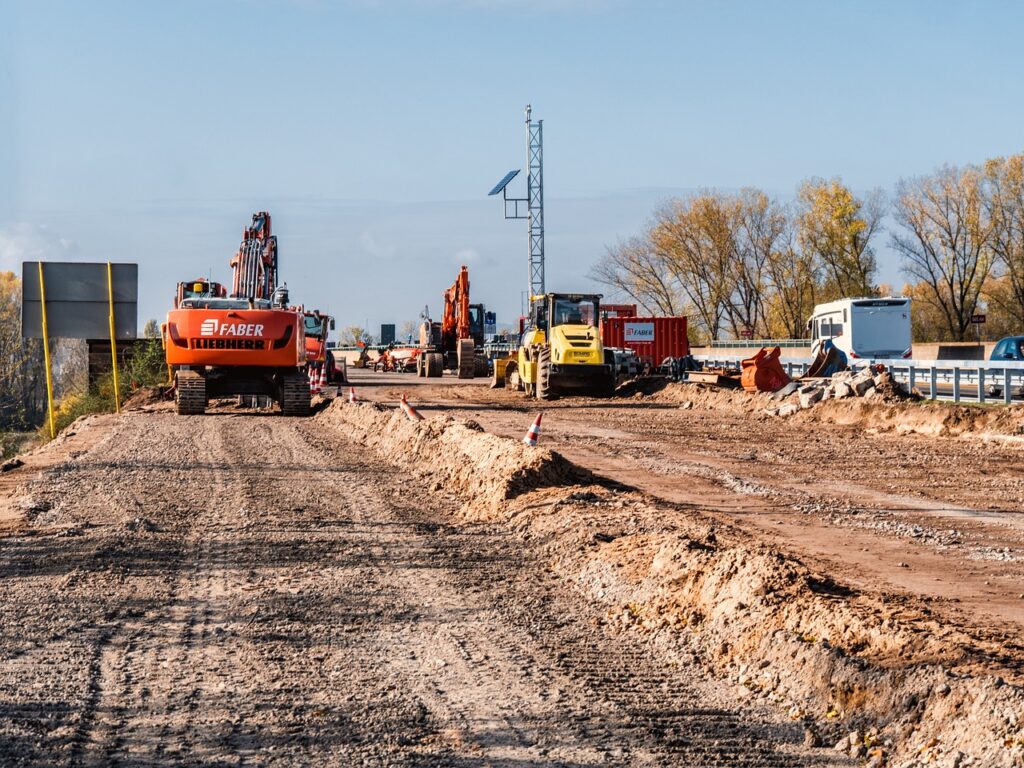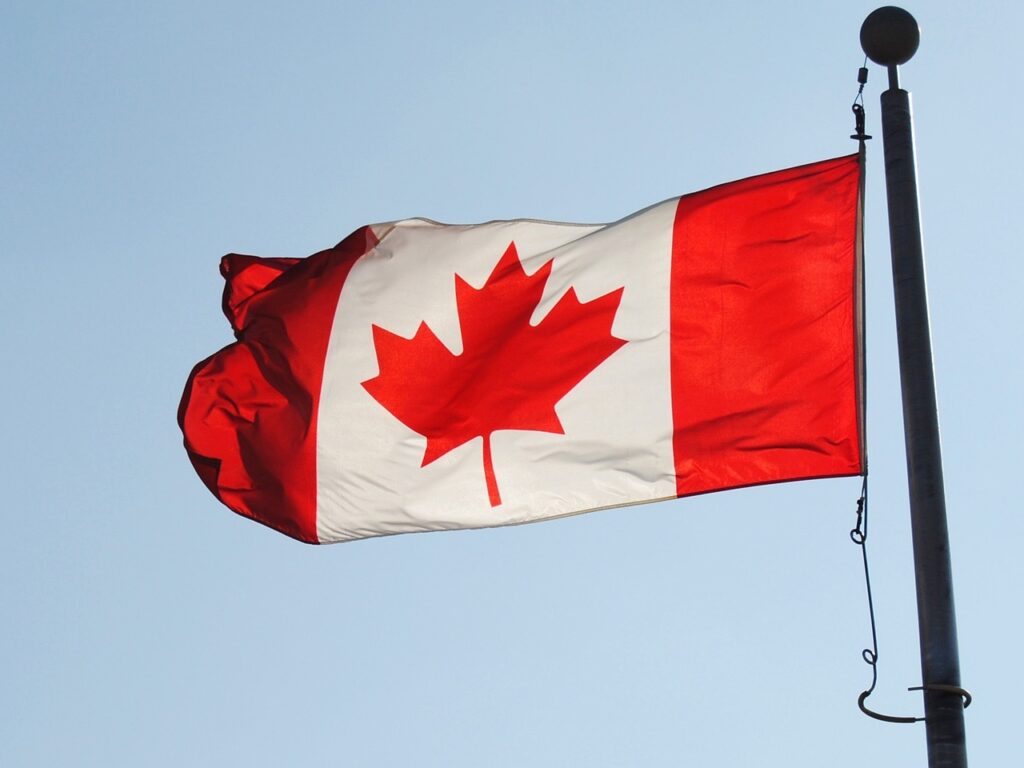Research Agenda

A Comparativist and Canadianist
How is power routinized and practiced over space and time? As a comparativist, I ask what we can learn from spatial and temporal differences. While my work tends to be diachronic in approach – seeking lessons and insights from history – I also embrace cross-jurisdictional approaches. Generally, my work involves Canadian cases but not exclusively. As a Canadianist, I investigate empirical puzzles related to Canadian politics and government. Broadly speaking, I have training in Canadian politics, public administration, comparative public policy, comparative politics, and (international) political economy.
Methodology
Primarily, my work is best described as ‘case-oriented.’ I often work a relatively few cases and derive observations within. This work lends itself to transferable (but not necessarily generalizable) work on specific phenomenon. I also practice variable-oriented work but less so. Methodologically, I am trained in both qualitative and quantitative methods.
Methods Frequency in My Work
My Research Agenda
Inclusive Trade Policy
The gains from globalization have been uneven. This has fueled discontent from within the rules-based order. How can we recalibrate trade to address inequalities and injustices?
Social Procurement
I examine how we can use public purchasing to generate social value for communities - within and beyond free trade. This includes favouring local suppliers (e.g., Buy Canada, Indigenous), strategically developing industries (e.g., rural purchasing), and addressing secondary needs (e.g, eco procurement).
Lobbying Systems and Access
I study how we institutionalize and regulate access within political systems. This include lobbying systems, their administration and their political consequences. I also seek to understand interest group and social movements maneuver to effect change.
Current Research Projects
2023-
Noah Fry
SOCIAL PROCUREMENT: CANADA AND ABROAD
Globalization has both facilitated unprecedented wealth accumulation while introducing risks to individuals and local businesses. Public procurement is can be called upon to adjust for globalization's costs. What qualifies as social value? How is this in Canada and internationally? Have Canadian jurisdictions embraced social procurement? How has free trade limited this potential?
2022-
Noah Fry
Lobbying in Canada: Trends & Faultlines
Who gets access to Canadian governments and how is this access shaped by formal lobbying systems? How does this affect public policy development? In this project, I (1) characterize Canadian lobbying registries and their development and (2) quantitatively assess access tendencies.
2020-
Noah Fry
SSHRC-supported
Playing for Team Canada
How, if at all, has continental North America changed under CUSMA? While some scholars present CUSMA as 'NAFTA 2.0,' I submit CUSMA is the delimited to a new dissociative continental North America. What does this entail for Canadian trade policy and civil society?
Recent Output

Brief
I published a short piece profiling intergovernmental public procurement reforms under the Canadian Free Trade Agreement. I observe that these reforms may harm regional development and industrial policy.

Op-Ed
I published an op-ed discussing Pierre Poilievre's Jordan Peterson interview. Here, I profile Poilievre's grievance politics - particularly with reference to marginalized groups - and link it to Trumpism and right-wing populism.

Op-Ed
I published an op-ed with Policy Options discussing how we can maximize Buy Canadian in this uncertain moment.
